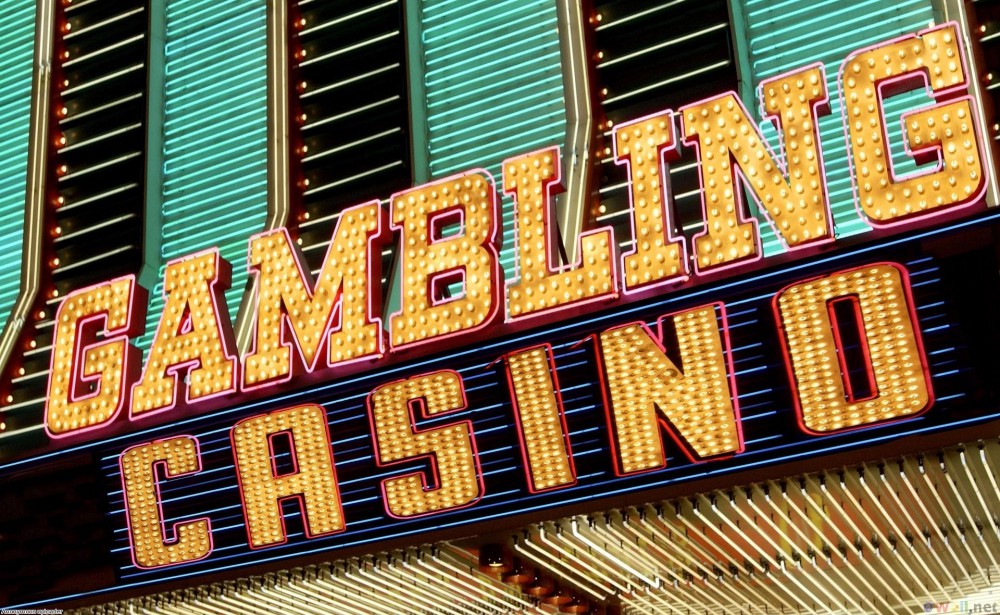
In the poker world, the name Caro represents integrity in poker. But before Phyllis Caro became the well-respected casino executive she is known as today, she worked her way up the ranks starting as a dealer.
She played 7-card stud in the 70’s at Caesars Palace. At the time, poker was a small community where everyone knew each other. She was going back and forth between Las Vegas and New York, where she is originally from.
While she was in Vegas in 1979, she had a neighbor who was a box man at the El Cortez, which just opened a poker room in Downtown Las Vegas. She was asked to shill for a few days, and so began Phyllis’ first foray into the poker business.
The next day the room had four tables, and they still needed help, so she sat in the box. The room was very successful from the beginning. Over the years, she dealt at the Las Vegas Club, Aladdin and Golden Nugget.
She was dealing at the Golden Nugget in 1982 when Bill Boyd replaced Pineapple with a new game called Nugget Hold’em. This game would become Omaha, which Robert Turner brought to Boyd.
Not only was Phyllis there at the start of Omaha, she would also meet someone at the Golden Nugget who would take her life in a new direction. That person was Mike Caro.
They married in 1983, and Phyllis quit dealing and helped Mike write books. During that time, Mike was invited to a seminar in Redding, California, where George Hardie was also in attendance.
He told them he was going to open the biggest poker room in California and asked Mike to be involved. Hardie wanted to run a clean, honest poker room, and the Caros were the perfect people to help him.
Before the Bicycle Club opened, Phyllis helped interview and audition dealers and set up the casino staffing. She was offered any job she wanted. She became dealer coordinator.
Hardie had a new vision for California gaming, and it was different from the rampant cheating that defined Gardena at the time. It was so bad, Mike said, “I didn’t know poker was a team sport.” They had their work cut out for them.
In Part 2, read about how Phyllis helped shape the future of poker in California.
Patricia Chavira is a freelance writer specializing in poker. She writes the “Poker Scene” column for Gaming Today. Follow her on Twitter @pinkchippoker.




